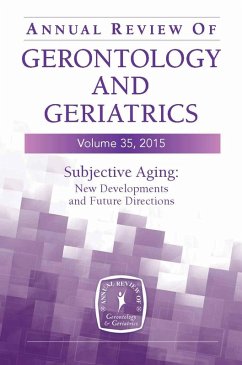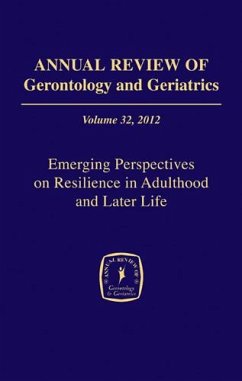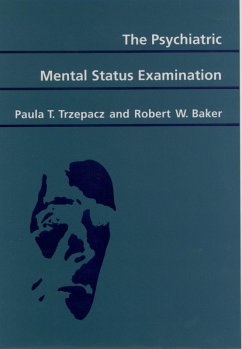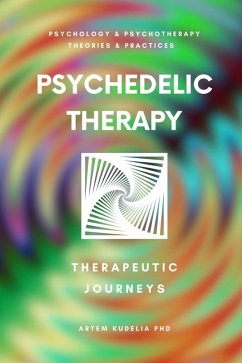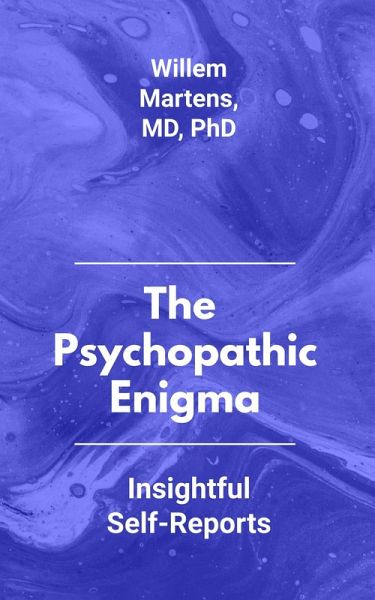
The Psychopathic Enigma - Insightful Self-Reports (eBook, ePUB)

PAYBACK Punkte
0 °P sammeln!
In this book, the self-reports of psychopaths are presented and analyzed. These data provide more insight into the complex phenomenon of psychopathy. Psychopaths might consider their features, attitude and behavior quite differently than their non-psychopathic counterparts and psychiatric researchers do. This distinction might be the result of a) ignorance of non-psychopaths about the true nature of this complex disorder, b) a very different perspective of psychopaths and non-psychopaths in analyzing this phenomenon of psychopathy, c) the fact that most empirical data is gathered from incarnat...
In this book, the self-reports of psychopaths are presented and analyzed. These data provide more insight into the complex phenomenon of psychopathy. Psychopaths might consider their features, attitude and behavior quite differently than their non-psychopathic counterparts and psychiatric researchers do. This distinction might be the result of a) ignorance of non-psychopaths about the true nature of this complex disorder, b) a very different perspective of psychopaths and non-psychopaths in analyzing this phenomenon of psychopathy, c) the fact that most empirical data is gathered from incarnated, criminal populations who are very able to manipulate tests (most of them know much about the Hare, 1991, PCL-R), assessments, researchers, and therapists (just for fun, revenge, hatred, or disgust) and d) a lack of utilization of and unavailability of reliable and voluntary self-reports of psychopaths in informal settings, and so on. Informal, non-academic and non-clinical settings are important because the psychopaths I investigated displayed hate against formal academic and clinical settings because they consider them as bulwarks of repressing authority. They consider current theories and concepts of psychopathy as inadequate, incomplete, incorrect, stereotypes which bring about stigmatization
Dieser Download kann aus rechtlichen Gründen nur mit Rechnungsadresse in A, B, CY, CZ, D, DK, EW, E, FIN, F, GR, H, IRL, I, LT, L, LR, M, NL, PL, P, R, S, SLO, SK ausgeliefert werden.







